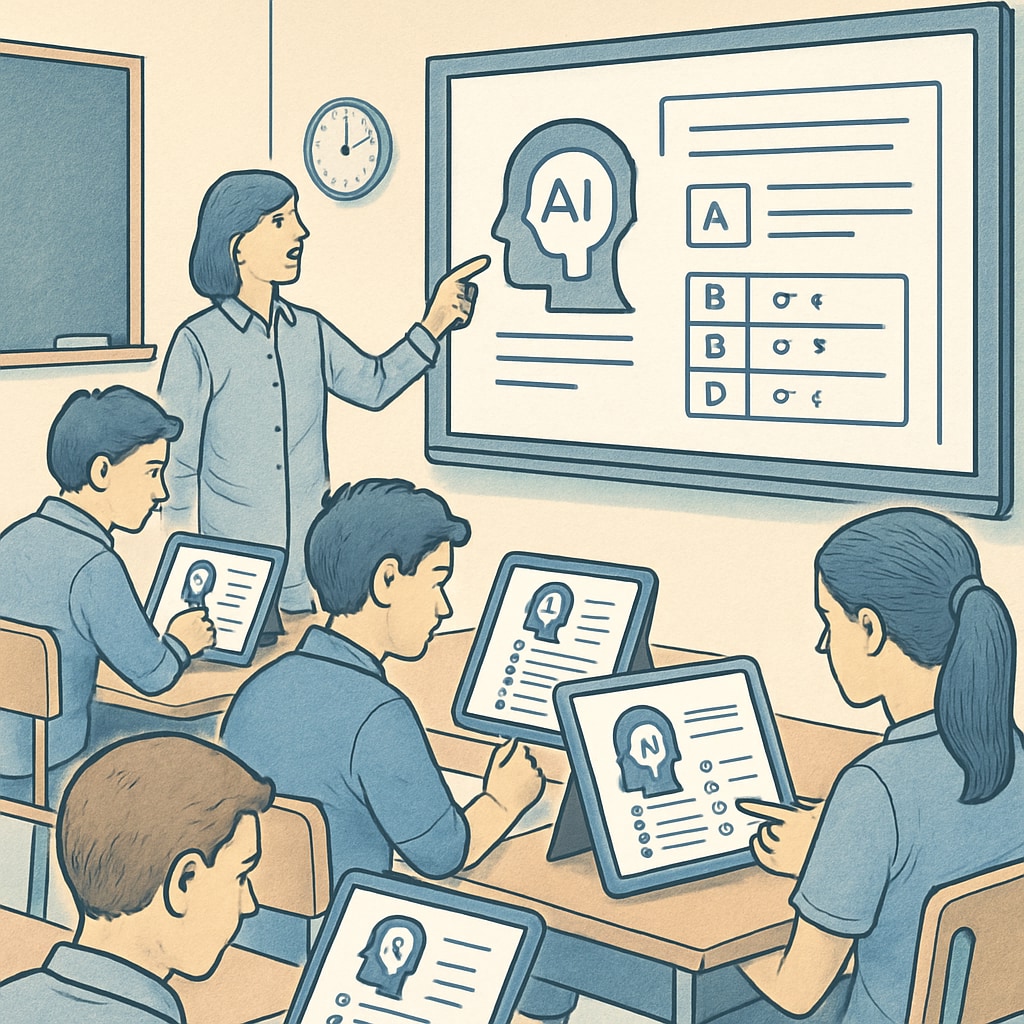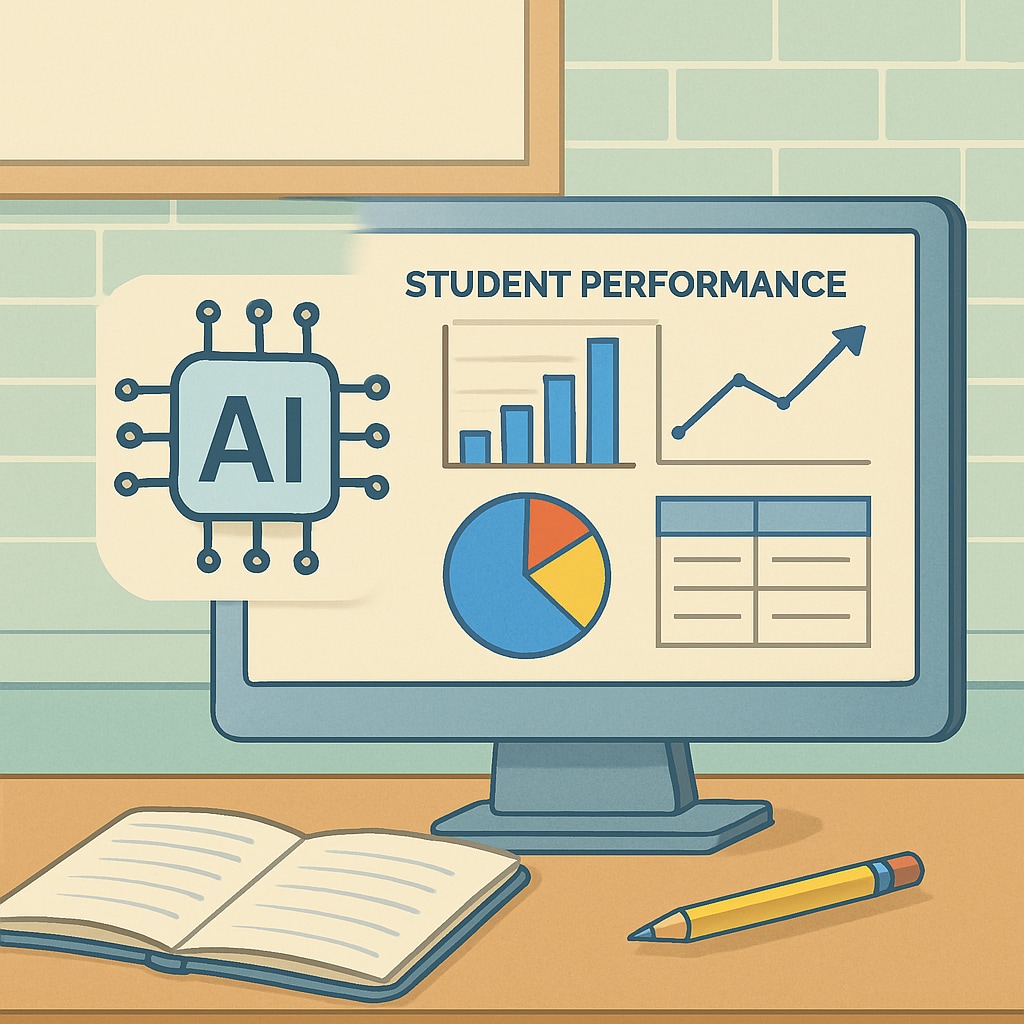The rapid advancements in artificial intelligence, competitive exams, and selection mechanisms are fundamentally altering the landscape of education. In particular, traditional K12 competitive exams, which have long served as the primary method for talent selection, are increasingly falling short in addressing the diverse needs of a technology-driven society. As AI continues to disrupt industries, educators and policymakers must rethink how exams can foster innovation, creativity, and equity among students.
The Limitations of Traditional Competitive Exams in the AI Era
Traditional competitive examinations primarily focus on rote memorization and standardized testing. While these methods were effective in the past, they fail to account for the diverse skill sets and creative thinking required in the AI age. For example, AI technologies like machine learning and natural language processing demand individuals with problem-solving abilities, interdisciplinary knowledge, and emotional intelligence—qualities often overlooked by conventional testing frameworks.
Moreover, the heavy emphasis on scores and rankings can unintentionally hinder the development of critical soft skills. As a result, many talented students are left behind simply because their unique abilities do not align with the rigid metrics used in traditional exams.

Reimagining Competitive Exams in the Age of Artificial Intelligence
To address these challenges, educators and policymakers must explore new approaches to competitive exams. Here are several strategies for reform:
- Incorporating AI Tools: AI-powered systems can evaluate students’ performance beyond traditional metrics. For instance, adaptive testing platforms can assess problem-solving skills and creativity more effectively.
- Emphasizing Project-Based Learning: Replacing or supplementing exams with project-based assessments can encourage students to apply their knowledge in practical scenarios, fostering innovation and teamwork.
- Promoting Holistic Evaluation: Comprehensive evaluation systems can include peer reviews, teacher observations, and AI-driven analytics to measure a broader spectrum of student capabilities.
- Focusing on Equity: AI can help create customized learning paths, ensuring that students from diverse backgrounds receive equal opportunities to showcase their talents.
Adopting these measures will not only make competitive exams more relevant but also create a more inclusive and forward-thinking education system.

Why These Changes Are Urgent
The need for reform is not just a matter of keeping pace with technological advancements; it is essential for preparing students to thrive in a rapidly changing world. AI is already transforming industries such as healthcare, finance, and transportation. If education fails to adapt, the next generation will be ill-equipped to compete in these fields.
Furthermore, the mental health challenges posed by high-stakes competitive exams cannot be ignored. Stress and anxiety levels among students are at an all-time high, and reforming the examination process to prioritize holistic development can alleviate these issues.
Finally, embracing AI-driven reforms can position education systems as leaders in innovation, demonstrating that technology can be used not just for automation but also for empowering human potential.
Readability guidance: To make this content accessible, we’ve used short paragraphs, active voice, and clear transitions such as “for example” and “as a result.” Bullet points summarize key strategies, ensuring the article is both informative and engaging.


